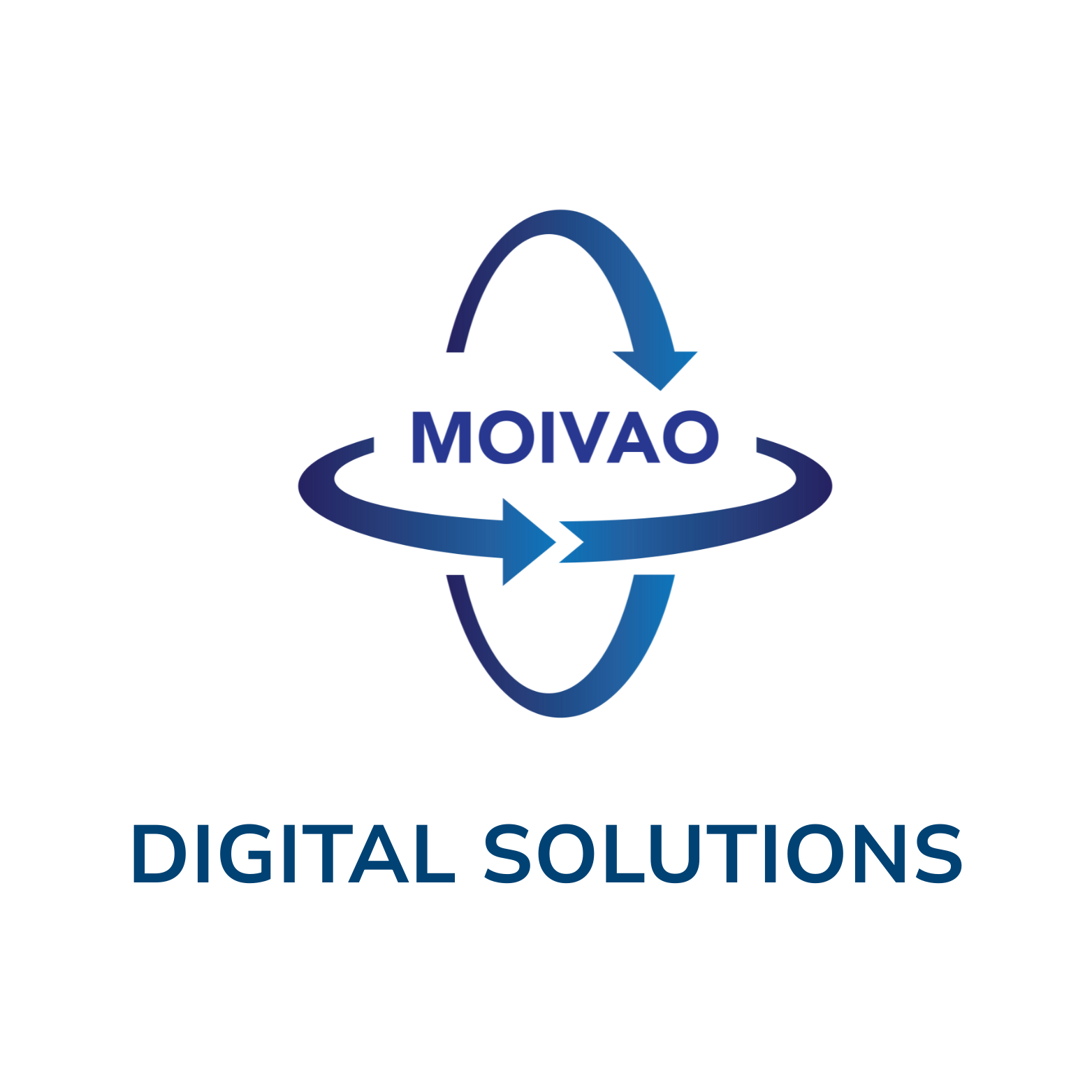Virtual Tours
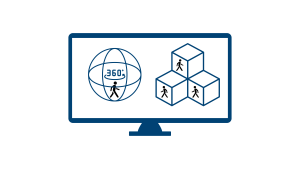
Digital Marketing
Virtual Tours enhance property visibility by providing an engaging, interactive experience that attracts potential buyers. Listings with Virtual Tours receive significantly more clicks and engagement on social media platforms, leading to increased inquiries and a larger pool of interested buyers.

Immersive Meetings
For real estate agents, Virtual Tours facilitate remote meetings with clients. Agents can guide clients through properties in real-time, discussing features and answering questions as they navigate the space. This enhances communication and helps build relationships with clients who may be unable to visit in person.

Immersive Training
Virtual Tours serve as effective training tools for real estate agents. New agents can familiarize themselves with properties and learn about key features and selling points without needing to visit each location physically. This can streamline the onboarding process and ensure consistent knowledge across the team.

Construction Process Management
In real estate development, Virtual Tours can be used to monitor construction progress. Stakeholders can virtually inspect sites to assess work quality and ensure timelines are being met. This can improve project management and reduce the need for frequent on-site visits.

Facility Maintenance Management
Virtual Tours can assist in property management by allowing maintenance teams to virtually inspect properties. They can identify issues and plan repairs without needing to be physically present, improving efficiency and response times for maintenance requests.

IoT Systems Monitoring and Control
Integrating Virtual Tours with IoT systems can enhance property management. Agents and property managers can monitor systems remotely, ensuring everything is functioning correctly. This can lead to better energy management and maintenance scheduling.
Augmented Reality (AR)

3D Objects in AR
AR allows real estate agents to virtually stage homes, showcasing potential layouts and decor options. This helps buyers visualize the space and increases the appeal of properties, particularly those that may be empty or unfurnished.

AR Info Points
AR can enhance property listings by providing interactive AR Information Points. Buyers can access details about features, amenities, and neighbourhood information through their devices while viewing the property, enriching their decision-making process.
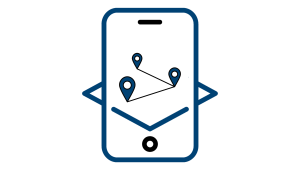
AR Navigation
AR Navigation tools can guide potential buyers through properties and neighbourhoods. This technology can provide directions, highlight points of interest, and enhance the overall viewing experience, making it easier for buyers to explore areas of interest.
Drone Imaging
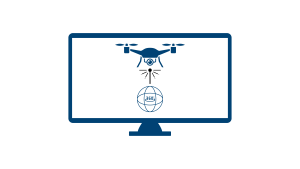
360 Aerial Imaging
Drones can capture stunning 360-degree Aerial Images of properties and their surroundings, providing a unique perspective that enhances marketing materials. These images can attract more attention to listings and highlight property features that may not be visible from the ground.
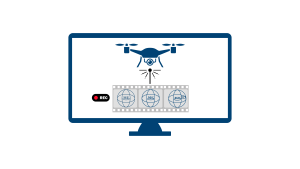
360 Aerial Videos
Drone-captured 360 Aerial Videos offer immersive views of properties, allowing potential buyers to experience the location and layout in a dynamic way. This can be particularly effective for showcasing large estates or developments.
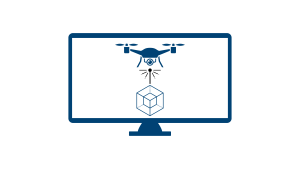
3D Modelling
Drones can create detailed 3D models of properties, which can be used for planning and marketing. These models provide a comprehensive view of the property and its context, aiding in buyer understanding and engagement.
Artificial Intelligence
AI Avatar Chatbots
AI chatbots can provide immediate assistance to potential buyers, answering questions and guiding them through the property search process. This enhances customer service and can lead to increased engagement and conversions.

Data Analysis and Forecasting
AI can analyse market trends, buyer preferences, and property performance to provide insights that help real estate agents make informed decisions. This data-driven approach can enhance marketing strategies and improve sales outcomes.

Optimization
AI can streamline various real estate processes, from lead generation to transaction management. By automating repetitive tasks and optimizing workflows, agents can focus more on client relationships and closing deals, ultimately increasing efficiency and profitability.
